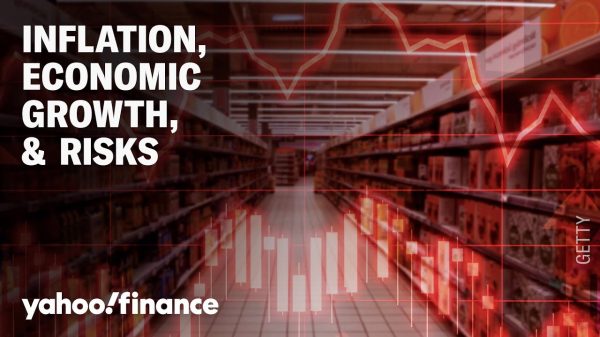Investor interest in artificial intelligence has surged, taking some stocks with it. Although AI is obviously a major factor in the tech world, it likely will affect plenty of other industries, from retail to finance—and potentially the stock market itself.
Investors looking for more ways to play the trend can add consumer staples to that list.
Jefferies analyst Kevin Grundy compiled a list of 10 ways AI will change the face of staples in the coming years, noting the transformation is already under way in many respects.
“Large caps appear to be ahead of the curve with key areas of investment including digital, supply chain, and advertising and promotional spend optimization,” he wrote Wednesday. “Adoption is rapidly increasing and those that fail to invest risk falling behind.”
It is no surprise bigger companies have a head start: They have deeper pockets to fund projects aiming at harnessing such technology. That trend has played out in many other sectors as well.
Yet the wide range of applications highlights why it’s perilous for companies to ignore AI. The technology is likely to change how consumers interact with brands, as well as behind-the-scenes logistics.
On the consumer-facing side, artificial intelligence will allow for more accurate virtual try-ons while shopping online, as well as better recommendations based on shopping and browsing behavior, Grundy says.
Targeted marketing campaigns should improve too—informed by data from customer loyalty programs and other sources—along with more tailored and personalized promotions based on a shopper’s history.
“It will enable companies to offer deals to increase chances of conversion when, for instance, a consumer leaves an aisle without making a purchase or takes an item out of a digital cart,” Grundy writes.
A more “nimble and engaging” AI-equipped marketing strategy should generate a virtuous cycle in which data allow companies to better understand consumers’ needs, leading to higher sales and thus more data, he adds.
Indeed, overall operations and inventory management itself will also be improved by AI, Grundy writes. That should lead to fewer out-of-stock and late-delivery scenarios that have plagued retailers, particularly since the widespread supply-chain disruptions of the Covid-19 pandemic. AI will also help the situation at the source in production facilities. They should be able to react to more accurate supply-and-demand pressures, and source raw materials more efficiently.
As for specific companies, Grundy favors
Procter & Gamble
(ticker: PG),
Church & Dwight
(CHD),
Molson Coors Beverage
(TAP),
Constellation Brands
(STZ),
Celsius Holdings
(CELH),
Mondelez International
(MDLZ), Hostess Brands (TWNK),
Lamb Weston Holdings
(LW), BellRing Brands (BRBR), Coty (COTY),
Estée Lauder
(EL), and
Ulta Beauty
(ULTA) for their adoption of AI thus far.
Write to Teresa Rivas at [email protected]
Read the full article here












